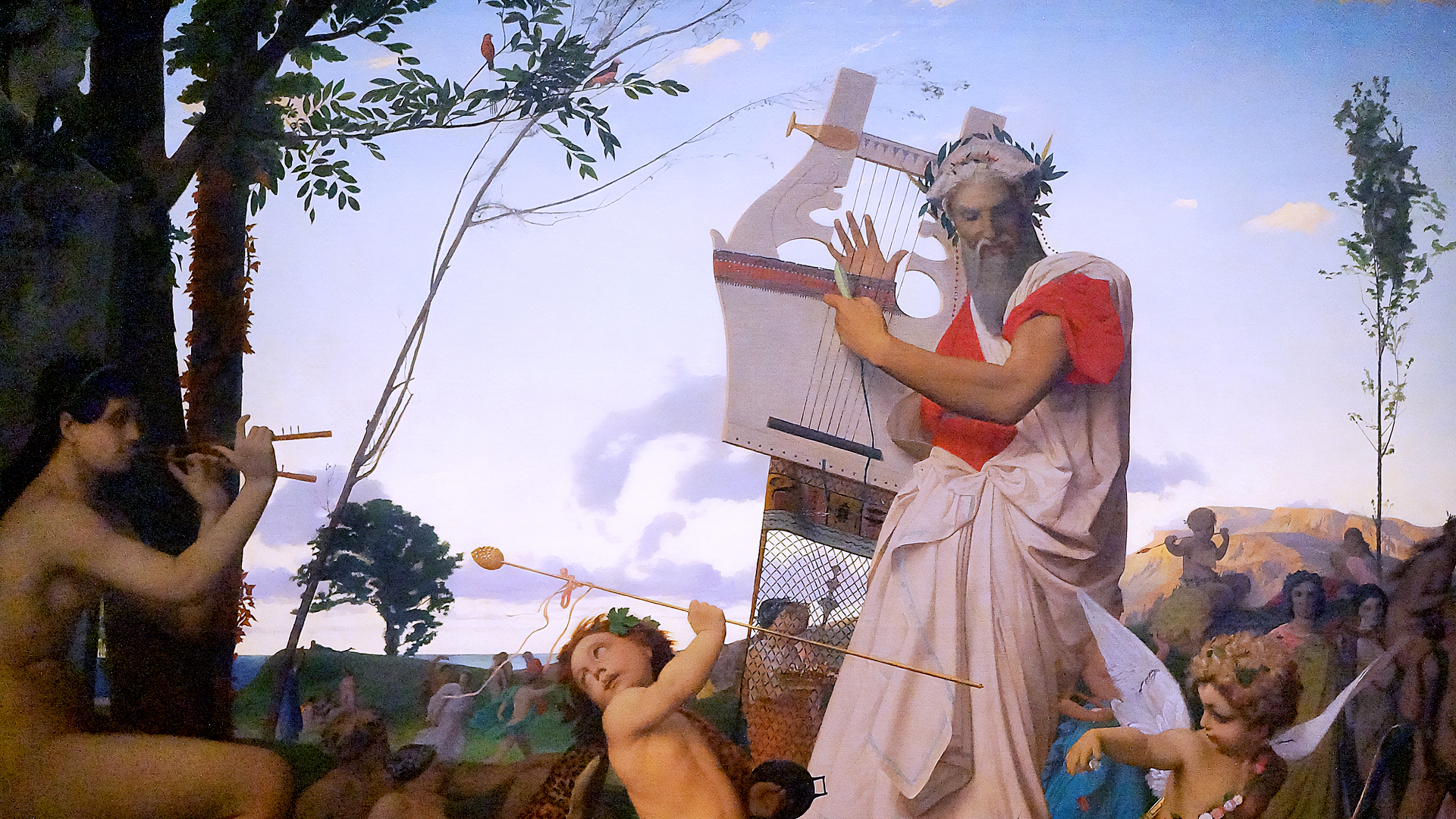Anacreon

Date of Birth: c. 582 BCE
Place of Birth: Teos, Ionia
Date of Death: c. 485 BCE
Place of Death: Unkown
Genres: Love poetry, gay poetry, lyric poetry, drinking songs
Life Summary
Anacreon (c. 573–c. 495 BCE) was born in Teos, Ionia, and—after his city fell to Persia—accompanied fellow Teians to Abdera. He later made his way to the court of Polycrates of Samos as tutor and celebrated poet, and around 528 BCE moved on to Athens under Hipparchus’s patronage. Following Hipparchus’s assassination and the overthrow of his brother Hippias, Anacreon’s later years are murky, with hints of a sojourn in Thessaly before he likely returned to Teos, where he died circa 495 BCE.His surviving fragments, once organized into five books, showcase an elegant monodic style in the Ionic dialect, written for lyre accompaniment. Eschewing vulgar excess, he employed the distinctive “anacreonteus” meter to compose smooth, simple songs that celebrated love, wine, convivial revelry, and even occasional political themes—testament to his ability to blend lighthearted pleasure with social commentary.
Beneath this festive veneer, Anacreon’s poems candidly praise the beauty of beloved youths—Megistes, Cleobulus, and the Thracian Smerdies—evoking Eros with affectionate, sometimes erotic, tenderness. These verses mirror the pederastic customs of archaic Greece, where deep bonds between older men (erastai) and their younger companions (erōmenoi) were both socially recognized and poetically celebrated.
Long after his death, his name endured through the Anacreontea—a collection of some sixty short lyrics by later Hellenistic and Byzantine authors, first printed under his name in 1554—and through his place among the canonical Nine Lyric Poets. During the Renaissance and into the 17th century, “Anacreontic” verse and translations of his playful, melodic style influenced European lyric poetry and cemented his reputation as the quintessential poet of love and wine.
Anacreon’s frank depiction of same‑sex desire reflects broader archaic Greek social norms, in which pederastic relationships functioned as educational and civic bonds as much as erotic ones. By celebrating male beauty and camaraderie with warmth and artistry, he stands as one of Western literature’s earliest and most enduring voices on homoerotic love.